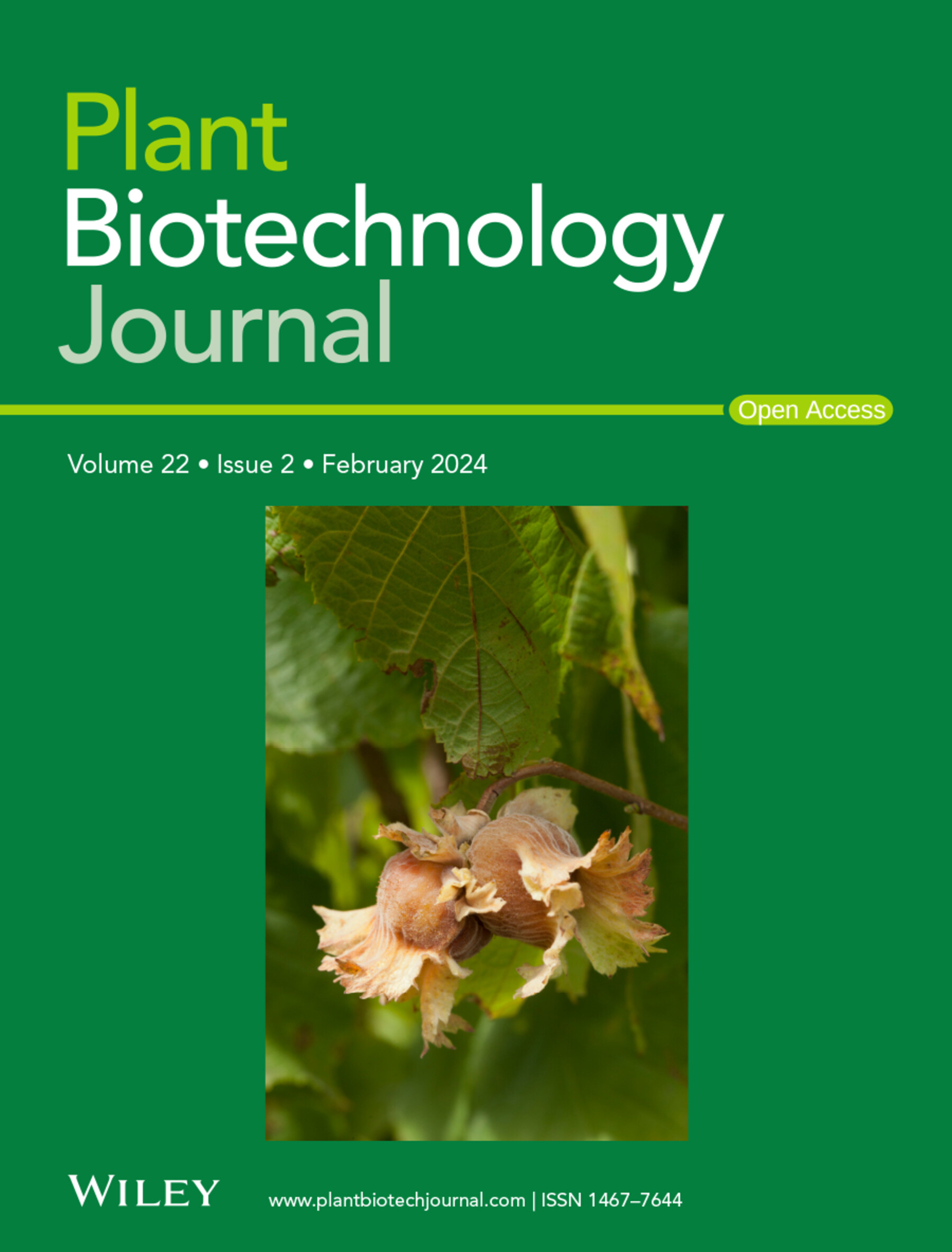APPi: A Multiscale Qualitative–Quantitative Insecticide‐Likeness Evaluation Platform and Application
IF 10.5
1区 生物学
Q1 BIOTECHNOLOGY & APPLIED MICROBIOLOGY
引用次数: 0
Abstract
According to the Food and Agriculture Organization of the United Nations (FAO), pests reduce global crop production by 14% annually. The growing challenge of pest resistance, coupled with the relatively low success rates of pesticides, has prompted researchers to shift their attention towards the accurate evaluation of insecticide lead. In contrast to in vitro methods of structural similarity or target affinity, the ‘insecticide‐likeness’ approach emphasises the in vivo biological effects of compounds, thereby constructing precise and comprehensive evaluation rules. In the present study, a multi‐scale qualitative‐quantitative insecticide‐likeness evaluation platform, Agrochem Predictive Platform for Insecticide‐likeness (APPi), was developed. An APPi rule was proposed for qualitative evaluation (ClogP ≤ 7, ARB ≤ 18, HBA ≤ 7, HBD ≤ 2, PFI ≤ 8 and ROB ≤ 10). A quantitative insecticide‐likeness evaluation model, the APPi model, was developed based on a multi‐classifier integrated machine learning framework (PUMV). The APPi model demonstrated excellent performance on the train and external test sets. Crucially, on the independent external test set, it achieved an accuracy of 85%, which represents a significant improvement over existing models. Furthermore, we developed the FragScore Visualiser tool to identify critical insecticidal fragments of compounds. The APPi platform provides precise guidance for virtual screening and structure optimisation of lead compounds in the early stage of insecticides discovery. The platform is available free of charge at多尺度定性定量杀虫剂相似性评价平台及其应用
根据联合国粮食及农业组织(FAO)的数据,害虫每年使全球作物产量减少14%。害虫抗性的挑战越来越大,加上农药的成功率相对较低,促使研究人员将注意力转向杀虫剂铅的准确评估。与体外结构相似性或靶标亲和力的方法相比,“杀虫剂相似性”方法强调化合物的体内生物效应,从而构建精确和全面的评价规则。本研究建立了一个多尺度的农药相似度定性定量评价平台——农药相似度预测平台(APPi)。提出了定性评价的APPi规则(ClogP≤7,ARB≤18,HBA≤7,HBD≤2,PFI≤8,ROB≤10)。基于多分类器集成机器学习框架(PUMV),建立了杀虫剂相似性定量评价模型APPi模型。该模型在训练集和外部测试集上均表现出良好的性能。至关重要的是,在独立的外部测试集上,它达到了85%的准确率,这比现有模型有了显著的改进。此外,我们开发了FragScore Visualiser工具来识别化合物的关键杀虫片段。APPi平台为杀虫剂早期先导化合物的虚拟筛选和结构优化提供了精确的指导。该平台可在http://pesticides.cau.edu.cn/APPi上免费使用。
本文章由计算机程序翻译,如有差异,请以英文原文为准。
求助全文
约1分钟内获得全文
求助全文
来源期刊

Plant Biotechnology Journal
生物-生物工程与应用微生物
CiteScore
20.50
自引率
2.90%
发文量
201
审稿时长
1 months
期刊介绍:
Plant Biotechnology Journal aspires to publish original research and insightful reviews of high impact, authored by prominent researchers in applied plant science. The journal places a special emphasis on molecular plant sciences and their practical applications through plant biotechnology. Our goal is to establish a platform for showcasing significant advances in the field, encompassing curiosity-driven studies with potential applications, strategic research in plant biotechnology, scientific analysis of crucial issues for the beneficial utilization of plant sciences, and assessments of the performance of plant biotechnology products in practical applications.
 求助内容:
求助内容: 应助结果提醒方式:
应助结果提醒方式:


